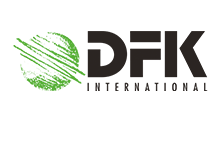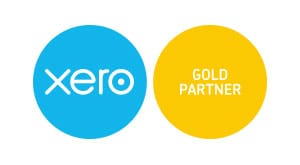In September 2021, the Government announced a new Health and Social Care Levy designed to provide additional funding to the NHS post-Covid and to fund social care reforms.
Ahead of the new levy coming into force in April 2023, the government announced a matching 1.25 percent increase in National Insurance contributions (NICs) that will be paid by employees, this came in to effect from 6th April 2022.
For company directors, this 1.25 percent increase, which also applies to Dividend Tax and Employers National Insurance contributions, will result in higher tax bills both personally and for their business.
During the recent Spring Statement, under pressure as a result of the cost of living crisis, the Chancellor raised the National Insurance Primary Threshold and Lower Profits Limit, for employees and the self-employed respectively, from £9,880 to £12,570. This equalises the NICs and Income Tax starting thresholds from July 2022. As the increase came into force from July 2022 the pro-rated Primary threshold for the current tax year is £11,908.
This means that any salary previously paid at a level equal to the Primary threshold of £9,880 can be increased to £11,908 for the current tax year and £12,570 from April 2023 without incurring any additional national insurance. It is important to note that the lower earning limit of £6,396 has not changed so anyone earning at least that amount will be treated as making full NI contributions for the year.
Whilst it is likely that it will be beneficial to increase a salary to at least £11,908 in the current year (£12,570 from April 2023) each case should be reviewed on its own merits as this will not be true in every case.
What this means for directors
Directors in limited companies pay NICs on an annual earnings basis, and for the 2022-23 tax year, will be able to pay a salary of £11,908 before paying Class 1 NICs.
What this means for the self-employed
As with directors of limited companies, sole traders and partners in trading partnerships pay NICs on an annual basis, and for the 2022-23 tax year, will be able to earn £11,908 before paying Class 4 NICs.
The Government also announced that for 2022-23, they plan to reduce Class 2 NIC payments for lower earning sole traders. From April 2022, sole traders will not pay Class 2 NICs on profits between the Small Profits Threshold (£6,725) and Lower Profits Limit (£11,908), but they will continue to be able to build up National Insurance credits.
For further information about how this may impact you, please speak to your usual RPG contact on 0161 608 0000 or email info@rpg.co.uk .
Published July 2022– please do not rely on this document alone and seek advice to take into account your own circumstances.








 Production
Production
